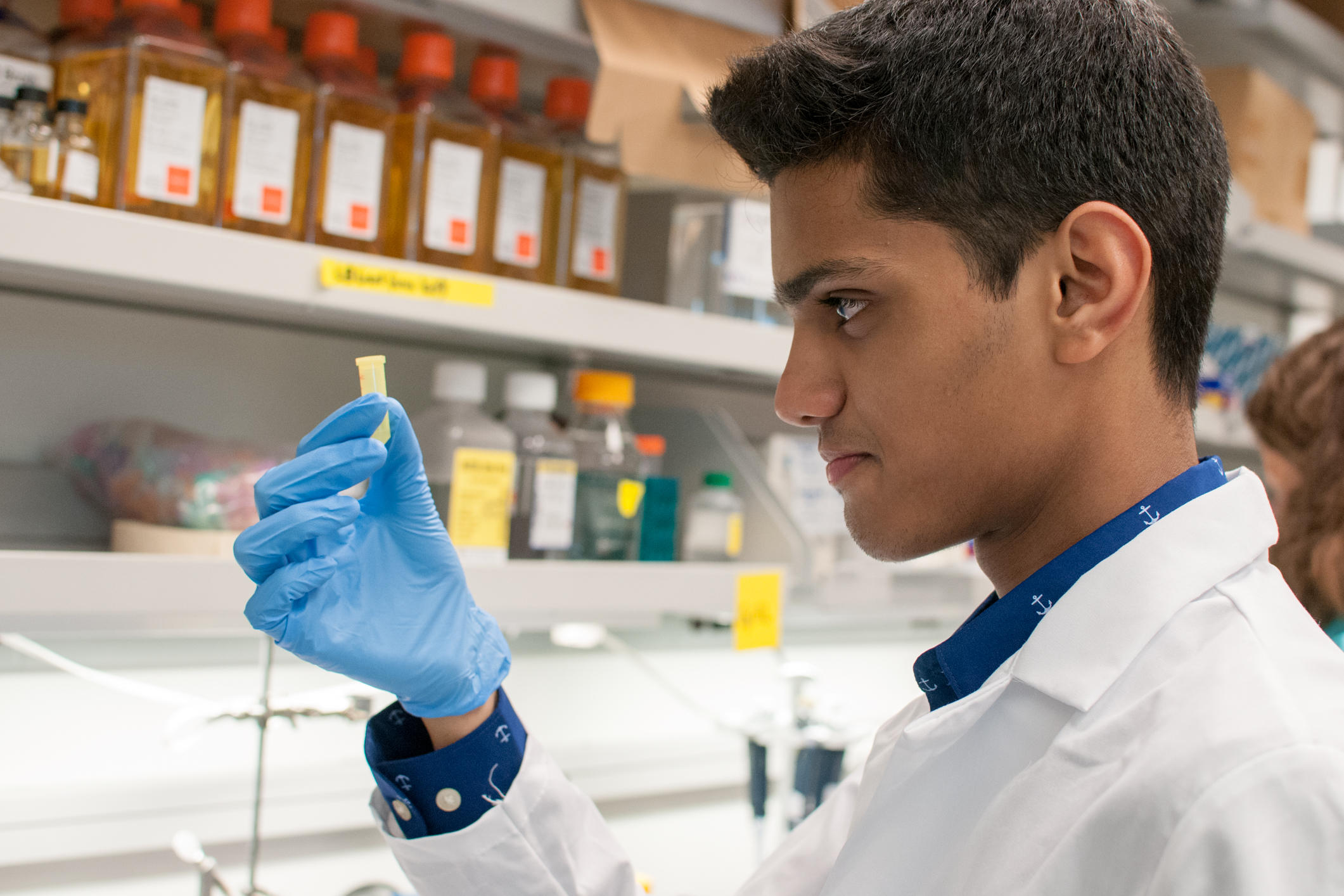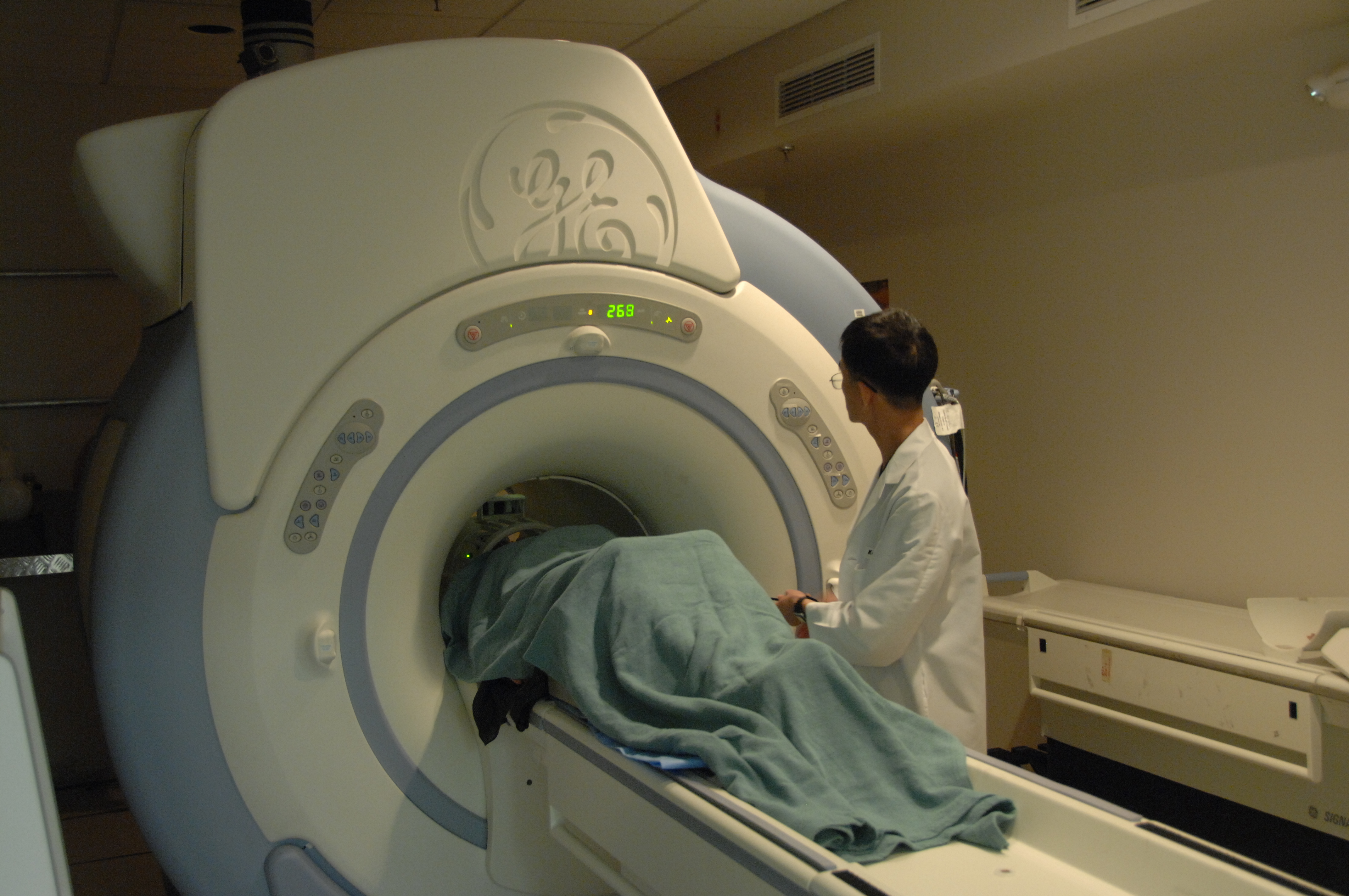
Do OxCam Scholars get a PhD from the NIH?
No. The doctoral degree is awarded by the UK university the student selects. If the student selects the University of Cambridge, he/she will receive a PhD. If the student selects the University of Oxford, he/she will receive a DPhil.
What is a DPhil?
A DPhil is a Doctor of Philosophy. This term is used for the doctoral degree earned at the University of Oxford.





